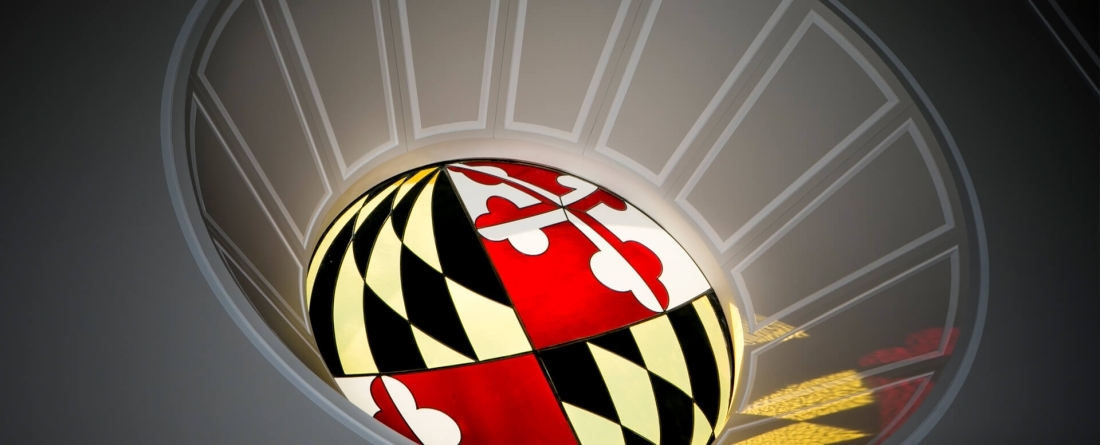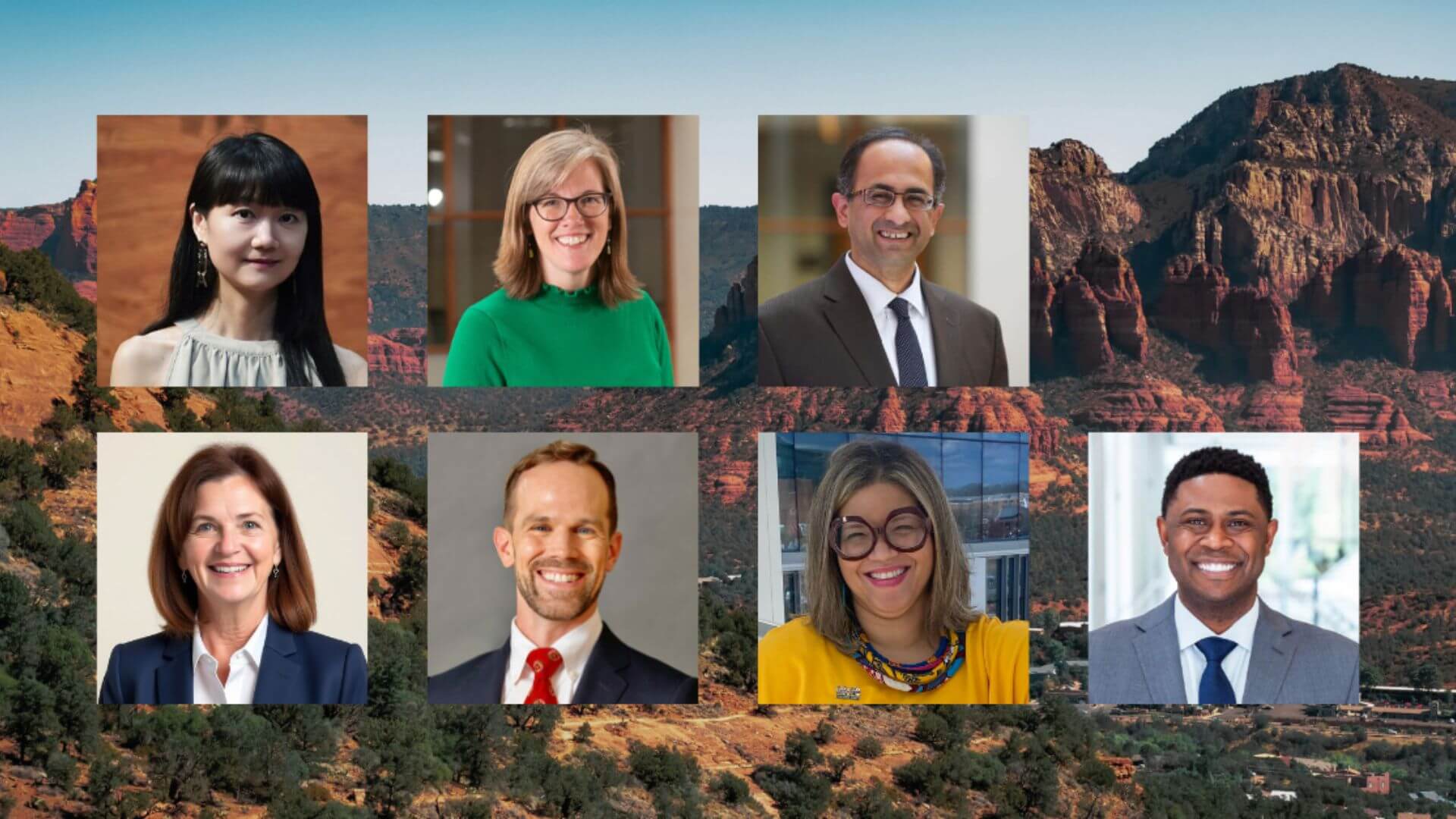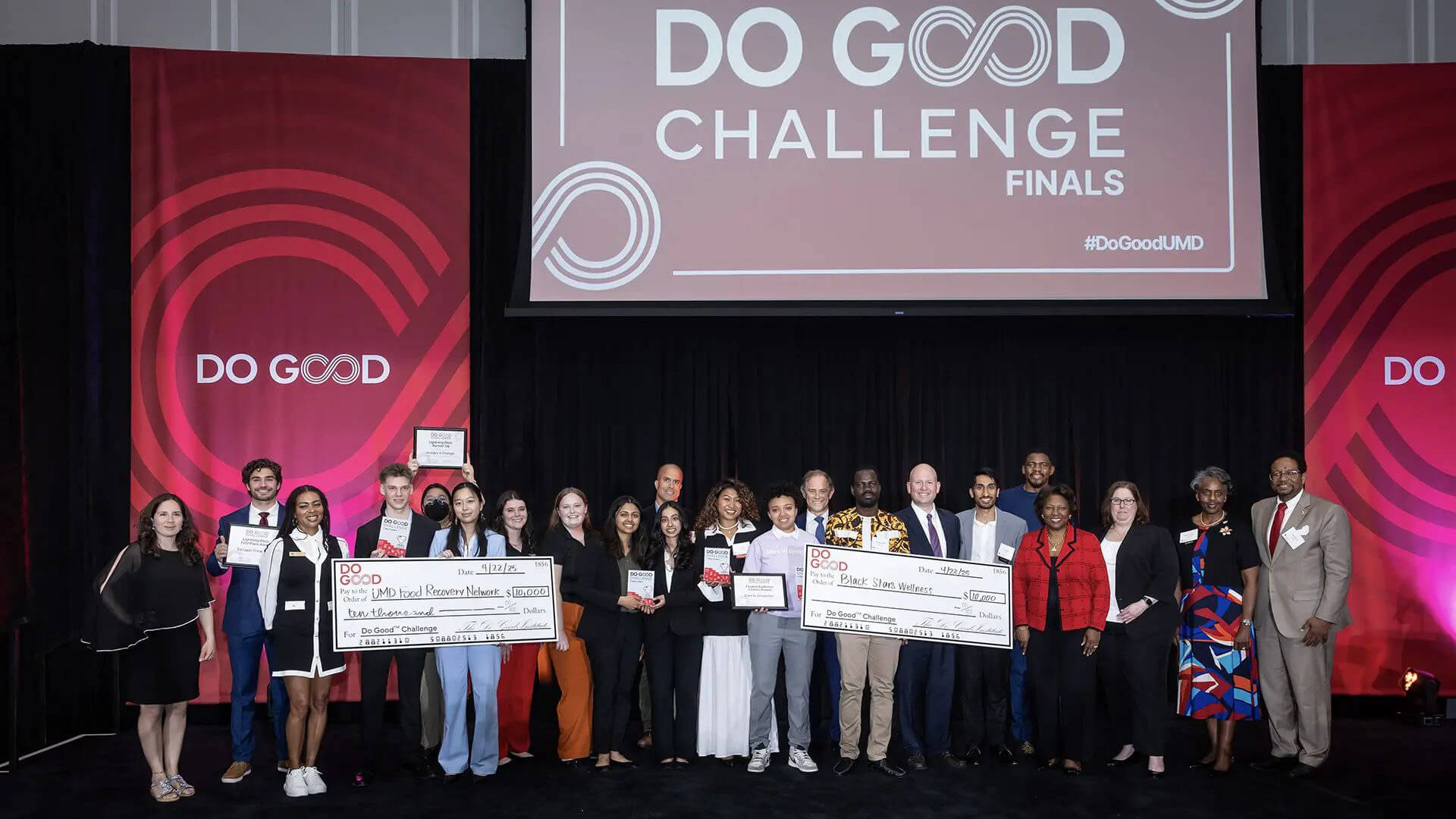
On Friday, October 14, the University of Maryland and the School of Public Policy hosted a Do Good Generation special event featuring the United Nations Secretary-General Ban Ki-moon. During his lecture, the secretary-general focused on encouraging youth to make a difference in the world.
The event began with a special ceremony to award Ban with an honorary doctorate in public service. “Today, the University of Maryland is honored to bestow on the Secretary-General an honorary doctoral degree for public service,” said Wallace Loh, President of the University of Maryland. “We honor him today, both for what he has done and for what has not happened under his leadership.”
“Mr. Ban’s commitment to youth leadership also stands among his most lasting achievements,” Loh said. “He feels passionately about calling on the rising generation of young people to high public service. It is this mission that called him to come to the University of Maryland today, because of the launch of our initiative, the Do Good Initiative.”
To begin his speech, Ban detailed his background in public service, which began when he was young when he worked with the Korean Red Cross Society. “I decided to enter public service when I was a young teenager, just 18 years old,” he said. “When I visited the United States in 1962, I was one of the very fortunate, lucky students representing the Korean Red Cross Society.” During his time in the US, Ban was one of 20 international students to meet with President John F. Kennedy.
“At that moment, I thought, ‘what should I do for my country?’ I never thought about the world. I was thinking about my own country,” Ban said. “I thought that serving my country as a government official would be the best way for me to contribute to my country.”
Ban also took a moment to thank SPP Dean Robert Orr, who also serves as special advisor to the Secretary-General on climate change, for teaching him on issues of climate change. “There is no age limit when it comes to learning. I learned a lot, particularly on climate change,” he said.
“Here today, I proudly declare myself a Terp,” Ban said. “Like your mascot, Testudo the Terrapin, I spend a lot of time up to my neck in sticky situations and the water is always rising. I’m extremely concerned by climate change and environmental issues. And I enjoy basking in the sun when I get the chance. However, unlike Testudo, rubbing my nose will not bring good luck.”
“It is a great honor to join you as you launch the first Do Good campus,” he added. “The University of Maryland is blazing a trail. From classes where students are creating their own nonprofits and social enterprise ventures to your award-winning food recovery and food access programs to your work on how past discrimination affects present-day Baltimore, you are setting a new standard in philanthropy, leadership for your young people. It’s inspiring to witness all that you are doing.”
Ban then discussed the three global challenges: climate change, sustainable development and refugees and migration.
“The Paris Agreement on climate change will enter into force on November 4,” he said. “An agreement that once seemed to be impossible is now unstoppable, inevitable and irreversible. This huge big train is now moving.”
Ban advised students to always show compassion in their work. “Passion should always be accompanied with compassion,” he said. “I call on young people to lead the way and be a Do Good generation. Put your energy and values to the best use. Demonstrate your concern about injustice here in your communities and around the world. Think beyond yourselves.”
“Try to raise and widen your horizons. The world may be small but there are still many things you can do, you can contribute,” Ban said. “I’m asking you to be a global citizen. Be a leader. When you have a global vision, you can make this world better for all.”
The event concluded with a question and answer session moderated by Dean Orr with questions from students in the audience.
Dean Orr asked Ban to share with the audience his vision of leadership. “I believe that everybody has a different style in their leadership because we have been educated in different ways,” Ban said. “I have shown my own leadership style, but one key thing I want to say is to lead by example. It’s easy to say, but it’s very difficult.”



